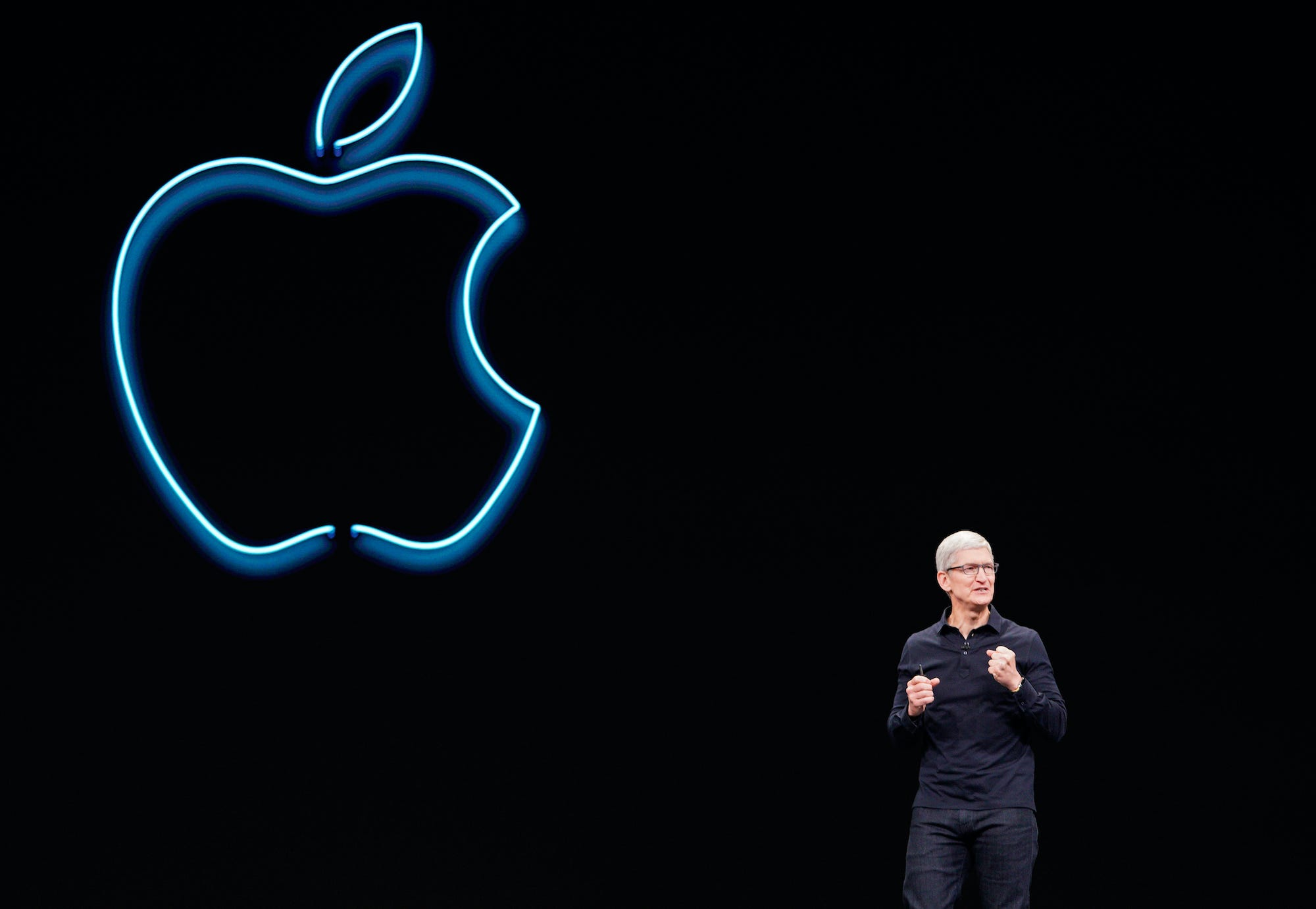
- House Democrats released a 449-page report on Tuesday based on the results of an investigation into whether Amazon, Facebook, Google, and Apple are engaging in anticompetitive practices.
- In regards to Apple, much of the report focuses on accusations from developers saying that the tech giant’s App Store policies and rules make it difficult to compete in the marketplace.
- The report cites conversations with app developers and Apple’s former director of App Store review among other resources.
- Apple has refuted the accusations and conclusions made in the report, saying it doesn’t hold a monopoly and its rules are designed to enforce safety and trust in the App Store.
- Still, the report suggests that the long-running issues developers have taken with Apple’s policies are far from being resolved.
- Visit Business Insider’s homepage for more stories.
House lawmakers have finally revealed the findings of their lengthy antitrust investigation into Apple, Amazon, Google, and Facebook in a 449-page report that accuses the tech giants of hampering competition in online marketplaces.
For Apple, the report is another wrinkle in the long-running scuffle between the iPhone maker and app developers, some of which have accused Apple of abusing its position as the gatekeeper to the App Store and manager of the iOS platform.
App developers have been voicing their concerns more prominently in recent months — by forming coalitions and publicly speaking out against Apple on social media.
But the report from the House antitrust subcommittee provides a thorough look into the troubles app developers say they have encountered in recent years — challenging Apple’s argument that it creates a fair and level playing field for all app makers.
The scrutiny is also coming at a time when Apple’s services business — which includes revenue from App Store transactions — has become an increasingly important part of Apple’s overall business. The company’s services segment has helped it make up lost ground during periods when iPhone sales have slowed.
The antitrust concerns about Apple outlined in the report pertain to the App Store, iOS, and Apple's Siri digital assistant.
When it comes to the App Store and iOS, a key point of contention has been Apple's rules stipulating that apps must use the company's in-app payments system, through which it takes up to a 30% cut from transactions. Some developers, like Spotify, have argued that this commission makes it difficult for app makers to price their offerings competitively.
"Apple's ban on rival app stores and alternative payment processing locks out competition, boosting Apple's profits from a captured ecosystem of developers and consumers," the report reads.
Some developers have suggested turning to third-party payment processors like PayPal, Square, or Stripe to address these concerns without compromising Apple's values around security and quality, according to the report.
The documents also cite input from a developer indicating that Apple has retaliated against the app maker for trying to skirt Apple's payments system. Such a tactic violates Apple's rules and is also at the center of Apple's legal battle with Epic Games.
In the example, an app maker sent customers an email with a link that would enable users to upgrade to a paid subscription through the developer's own website rather than Apple's payments system. Apple responded by threatening to remove their app from the App Store and blocking updates, the report says.
"A game developer described Apple's rules as reaching outside the App Store itself to police the communications that an app can have with its own customers, including communications intended to improve customer experience and offer discounts," says the report.
It's not just the 30% commission and requirements that developers use Apple's in-app payments system that has stoked antitrust concerns. Developers have also accused Apple of providing advantages to its own services both in the iOS operating system and the App Store.
Phillip Shoemaker, Apple's former director of App Store review, said in an interview with the subcommittee that the tech giant favors its own apps over those from developers. Shoemaker pointed out that apps competing with Apple's services generally encounter problems in the App Store, pointing to Google's Stadia game streaming service as an example.
The report also cited concerns raised by developers about Apple's new policies surrounding location permissions, an update Apple made in an effort to boost consumer privacy.
But developers have said the update gives Apple an advantage because it doesn't have to "jump through similar hoops to get access to user location." Developers behind apps and products such as Tile, Life360, Happn, Arity, Zenly, Zendrive, and Twenty wrote to Apple CEO Tim Cook in 2019 on the issue, according to the report.
Apple refuted the accusations and conclusions outlined in the report, reiterating its previous stance that it does not hold a monopoly and that its rules are designed to enforce security, privacy, and trustworthiness in the App Store.
"We have always said that scrutiny is reasonable and appropriate but we vehemently disagree with the conclusions reached in this staff report with respect to Apple," the company said in a statement to Business Insider. "Our company does not have a dominant market share in any category where we do business. From its beginnings 12 years ago with just 500 apps, we've built the App Store to be a safe and trusted place for users to discover and download apps and a supportive way for developers to create and sell apps globally. Hosting close to two million apps today, the App Store has delivered on that promise and met the highest standards for privacy, security and quality."
Apple also said developers accrued more than 85% of the $138 billion in commerce that was facilitated through the App Store last year in the United States. It also stood by its commission rates, characterizing them as industry standard.
"Competition drives innovation, and innovation has always defined us at Apple," the company said. "We work tirelessly to deliver the best products to our customers, with safety and privacy at their core, and we will continue to do so."
Apple has also made some developer-friendly changes in recent months. In July, for example, the company announced that it would allow developers to appeal violations of App Store guidelines.
House Democrats, however, are pushing for sweeping changes that aim to restore competition in the industry, strengthen antitrust laws, and enforce antitrust measures more strongly. Such measures include imposing limits on the markets in which dominant players can compete and requiring that they make it easy for customers to transfer their data between platforms.
The report also proposes modifying Section 2 of the Sherman Act to focus more on the exploitation of market power, not just the formation of it. The committee proposes executing this by cracking down on a number of practices, including using a dominant position in the market to leverage competitive advantages, pricing goods or services below cost to oust rivals, and designing a platform in a way that privileges its own services.
It's unclear precisely what will come from the subcommittee's findings. But the report suggests that the ongoing conflict over how Apple runs its App Store and iOS platform is far from being resolved.











